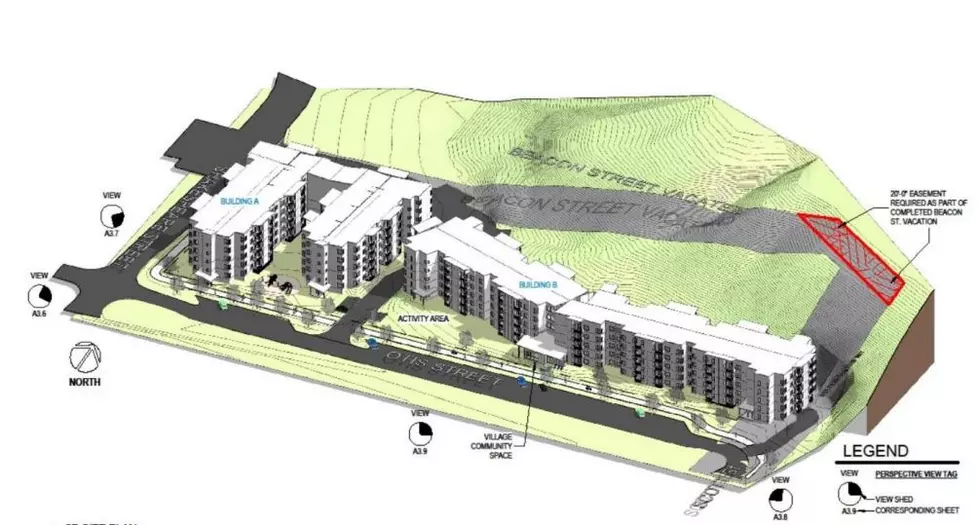
Affordable housing project coasting toward 2021 groundbreaking, pending final hearing
An affordable housing project planned on the city's north side moved one step closer to being finalized this week after members of the City Council approved a funding contract and set a public hearing on whether the project meets a community need.
If it does meet a community need, it will be listed as tax exempt, according to Eran Pehan, director of the Office of Housing and Community Development.
“Demonstration of a public or community benefit is a necessary component that allows the project to qualify tax exempt as permanently affordable housing,” Pehan said.
Villagio is expected to open in 2022 and will offer rents at roughly half the Area Median Income, along with 32 rental vouchers. The development is expected to house 769 people in 200 units, each offering multiple bedrooms.
Project backers have described the financing as challenging, and it includes a wide array of sources, including $1.2 million in state HOME funds and $1 million in city HOME funds. It also includes $1.3 million in tax increment financing and $3.9 million through a deferred developer fee.
The debt financing adds up to around $63 million, including the construction loan and permanent financing.
“It makes it all feasible,” said Keenan Whitt of BlueLine Development. “This is an example of a creative partnership in order to put affordable homes in Missoula.”
The project hinges on 4% Low Income Housing Tax Credits, and it meets the goals outlined in the city's housing policy, which supports tax credit projects and community partnerships to develop deed restricted affordable housing.
As such, Pehan said, the city will provide a loan of around $1.09 million in federal entitlement funds from the U.S. Department of Housing and Urban Development to support construction activity. The allocation represents two years worth of city HOME funds.
“The project is ready to proceed and they now have the project fully funded,” Pehan said. “We typically wait until the project has full funding before we enter into contract, because that gives us a sense of surety the project will proceed and get completed.”
The council this week gave preliminary approval to the funding allocation. The loan will be paid back annually over the course of 41 years if it's approve in August by the full City Council.
“The repaid funds will go back into the affordable housing trust fund, which will make them available to other entities that are engaging in the creation of affordable housing as well,” Pehan said.
The loan will also be interest free.
“It provides the developer the ability to maximize the Low Income Housing Tax Credits without creating a financing structure that jeopardizes the financial feasibility of the project,” Pehan said. “Adding interest to the loan would create enough additional permanent debt the project wouldn't be feasible, so we didn't assess an interest rate with this loan.”
Project backers have said the layering of finances and the property's geography all point to the challenges of building affordable housing. Montana lacks the soft funding sources needed to build a “capital stack” project of any size for affordable housing.
Other regional states do have the funding sources, including Colorado, largely because they have a larger tax base and more tax revenue.
“Low Income Housing Tax Credit projects are the primary way we as a country develop affordable housing,” said council member Heidi West. “We are very fortunate in our community to have some mission driven, Missoula-based people who are willing to build projects that can be the best they are within the constraints they have.”
